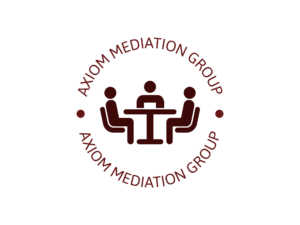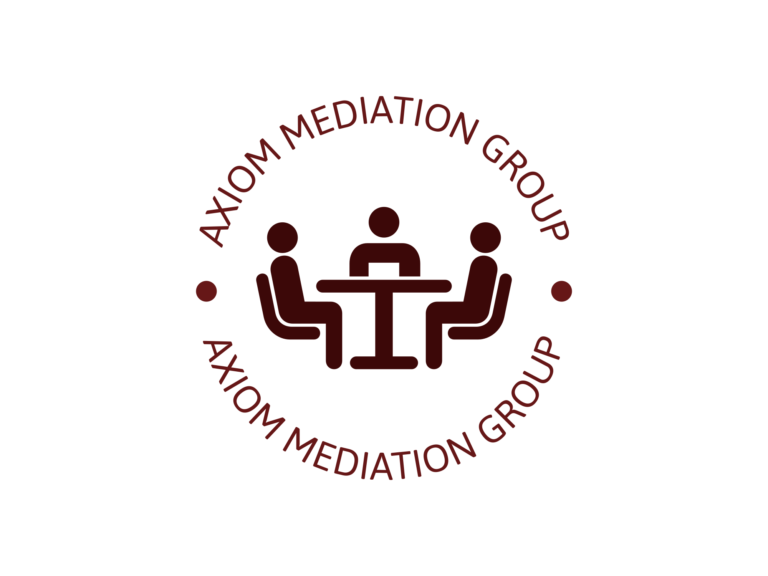Not all mediators are the same.
 How do you find the best mediator in Virginia? It is unfortunate that some disputes fail to be resolved in mediation due not to the parties, but as a result of a bad mediator. Mediator Tom Roberts has experience in mediation both as a mediator and also as an aggressive lawyer representing clients in mediation. Here’s a quick conversation with Mediator Tom Roberts.
How do you find the best mediator in Virginia? It is unfortunate that some disputes fail to be resolved in mediation due not to the parties, but as a result of a bad mediator. Mediator Tom Roberts has experience in mediation both as a mediator and also as an aggressive lawyer representing clients in mediation. Here’s a quick conversation with Mediator Tom Roberts.
Q. Have you ever had a bad experience with a mediator?
A. Unfortunately. Three instances come to mind.
The uncommitted mediator
First – the uncommitted mediator. I encouraged one of my clients to participate in mediation. Unfortunately, the famed mediator was useless. The mediator made no apparent effort to prepare for the mediation. The mediator failed to interact with the parties prior to the day of mediation. The mediator failed to dig in with a commitment to seeking a resolution, but conveyed the notion that he might be missing his T-time for the day. His secretary would have been more skilled walking offers back and forth between the parties. Unfortunately, the parties went on to litigate for years after.
The careless mediator
Second – the careless mediator resting on her laurels. In another instance, we chose a very accomplished individual as the mediator. The trouble, she failed to listen carefully and to communicate to the opposing party the offer with the precision given to her. In this case the existence of various insurance policies available to compensate my client for losses sustained in a fire was an important factor for the opposing party to determine whether or not they should take a shaving on liabilities potentially owing by my client. The final offer given to the mediator was not accurately communicated by her to the opposing party. She announced the case had settled. However if settled in the manner announced, it would have perpetrated a fraud. Correcting the error resulted in a less advantageous result for my client.
The unskilled "certified" mediator
Third – the unskilled “certified” mediator. A mediator can hone their skills, but simply put not everybody can be an effective mediator. In this case, the mediation was court ordered with a specified pair of mediators – simply put they were a disaster and complete waste of time.
Q. What separates you from other mediators?
A. Creativity and Determination.
Fortunately, there are a number of good mediators – generally, the effective mediators become known. With nearly 40 years of experience, I strive to approach every case with the determination and creativity to enable the parties to arrive at a resolution. I enjoy meeting people from all walks of life, and love solving problems.
Q. What can you do if a mediator misbehaves?
A. There are remedies.
A mediator may be liable for misleading a party, for breaching confidentiality. However, it is not very common for mediators to be held legally liable. Be careful not to confuse a mediator’s exposing to each party their own weaknesses in their positions as a lack of neutrality. Seeking mediation services from an experienced mediator with a good reputation is your best protection against mediator misconduct or malfeasance.
Axiom Mediation Group
105 S 1st Street, Suite A
Richmond, Virginia 23219
804-783-2002
BEST MEDIATORS, COMMERCIAL MEDIATION, COMMERCIAL MEDIATOR, CONTRACT MEDIATION, EMPLOYMENT MEDIATION, EMPLOYMENT MEDIATOR, GOOD MEDIATOR, GOOD MEDIATORS, GOOD VIRGINIA MEDIATOR, GOOD VIRGINIA MEDIATORS, INSURANCE MEDIATOR, MEDIATOR IN CENTRAL VIRGINIA, VIRGINIA MEDIATORS

